1, February 2024
Central Africa Communication Ministers Discuss Ways to Stop Hate Speech 0
Communication ministers from the Economic Community of Central African States, ECCAS, are meeting in Bangui, Central African Republic, this week to map out ways to stop the spread of hate speech.
Officials from central African states say some influential politicians, business moguls and community leaders are using radio, television and social media to propagate information that has fueled regional crises, resulting in the displacement of millions of people.
Simplice Mathieu Sarandji, prime minister of the Central African Republic, said leaders of the 11-member ECCAS expect communication ministers at the meeting in Bangui to propose lasting solutions to xenophobic statements that are propagated on media outlets.
Sarandji said humanitarian crises are spiraling in ECCAS states because of widespread hate speech.
A separatist crisis in western Cameroon, which has killed more than 6,000 people, was fueled in part by social media propaganda by rebel leaders who are based in Europe and the United States, according to Cameroonian officials.
Hate on social media also fueled an ongoing conflict between ranchers and fishers in northern Cameroon and Chad. Clashes there have killed more than 100 people and displaced more than 80,000.
The 1994 genocide in Rwanda was sparked by hate speech, mostly over radio, by Hutu extremists against Tutsis.
Joanne Adamson, deputy head of MINUSCA, the U.N. stabilization mission in the Central African Republic, spoke about the Bangui meeting on state TV in the CAR.
She said the focus on hate speech is an important step toward finding solutions to fighting that sparked a mass movement of people fleeing in search of safety. By organizing the forum, Adamson added, the 11 ECCAS member states indicate they are ready to support and defend values that are vital to consolidate peace and security and promote human rights.
The ministers said they will enact legislation to punish people who use TV, radio and print media to propagate hate speech, but gave no further details. They also have agreed to control harmful content they say runs rampant on social media.
Charly Gabriel Mbock, an anthropologist and conflict resolution specialist at the Yaounde-headquartered Catholic University of Central Africa, said the ministers should launch campaigns against hate speech in restive central African towns and villages.
To do this, Mbock said, ECCAS communication ministers must educate clerics and traditional rulers that peace is priceless, before using radio, television and print media to call on civilians to reject and denounce calls for violence, especially on social media. He said central African governments should also make sure media laws being prepared against hate and xenophobic language do not infringe on press freedom.
The communication ministers say they will submit their recommendations to ECCAS governments with the hope that if hate speech and xenophobic statements can be stopped, peace will return to restive areas.
Source: VOA
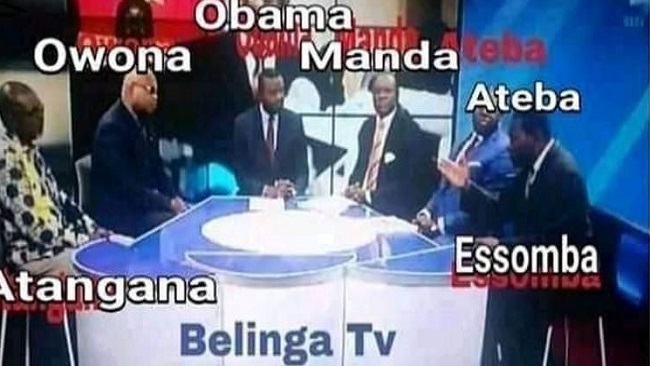
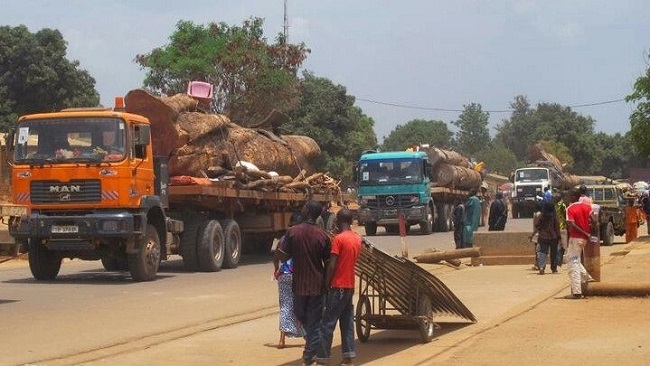
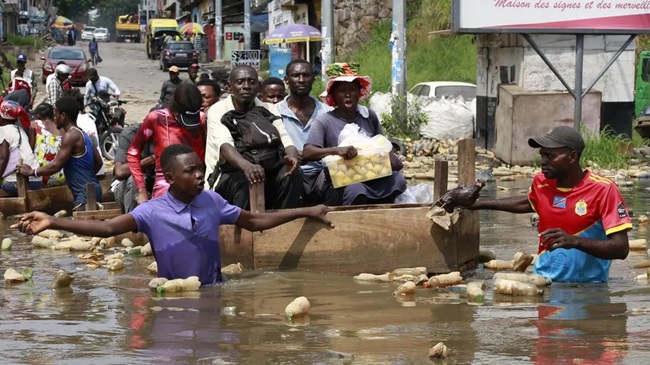
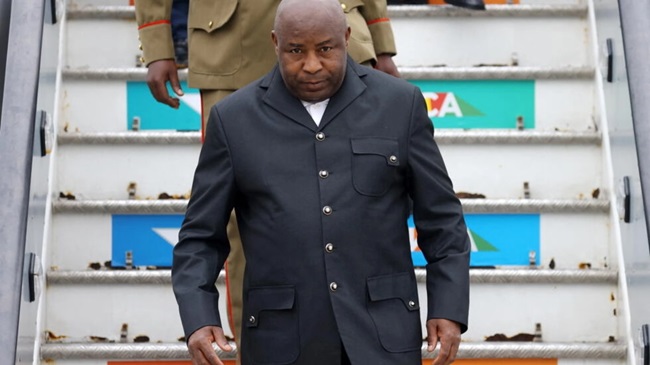

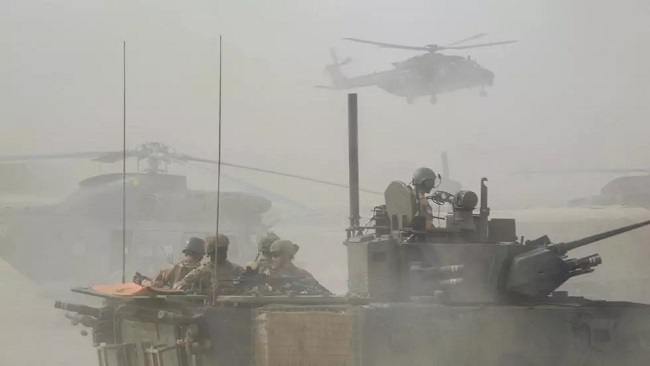


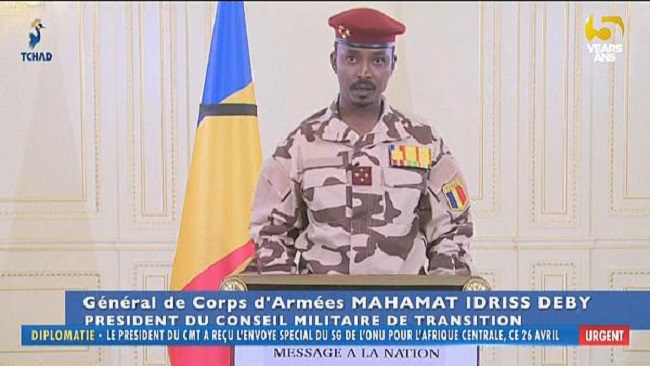


















17, March 2024
Niger revokes military cooperation with US 0
Niger’s government announced on Saturday that it was breaking off “with immediate effect” its military cooperation agreement with the United States.
The declaration came just a day after a senior US delegation left Niger, following a three-day visit to renew contact with the military junta that ousted the president and moved closer to Russia.
The statement said the government had decided to “denounce with immediate effect” the agreement relating to US military and civilian employees of the US Department of Defense inside Niger.
It was read out Saturday evening on national television.
US State Department spokesman Matthew Miller said Washington was aware of the statement, and that it came after “frank discussions … about our concerns” with the junta’s “trajectory.”
Miller said on X that the US was still in touch with the junta and would provide updates “as warranted.”
The Pentagon provided AFP with an identical statement.
The United States still stations some 1,000 troops in Niger at a desert drone base built at a cost of $100 million.
Movements there have been limited since the July 2023 coup and Washington has curbed assistance to the government.
US Secretary of State Antony Blinken paid a rare visit to Niger a year ago in hopes of shoring up president Mohamed Bazoum, a stalwart ally in Western security efforts against jihadists.
Just four months later, the military deposed Bazoum and put him under house arrest.
The junta took a hard line against former colonial power France, forcing the withdrawal of French troops in place for nearly a decade.
Niger’s military had in the past worked closely with the United States.
But the junta has sought cooperation with Russia, while stopping short of the full-fledged embrace of Moscow by military-run neighbours Mali and Burkina Faso.
Source: AFP